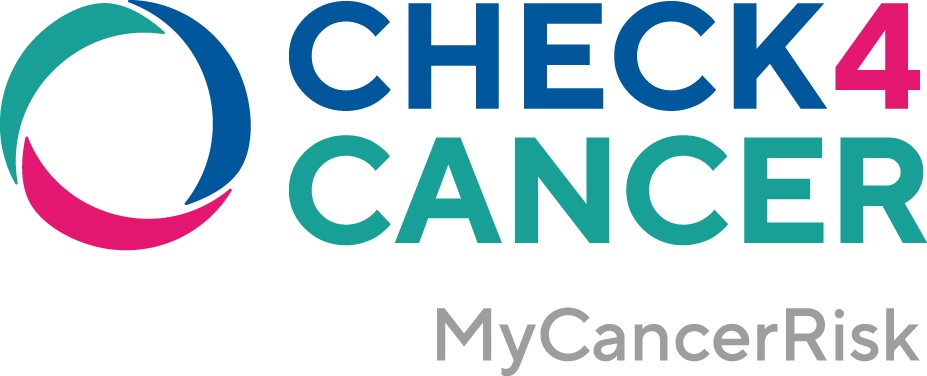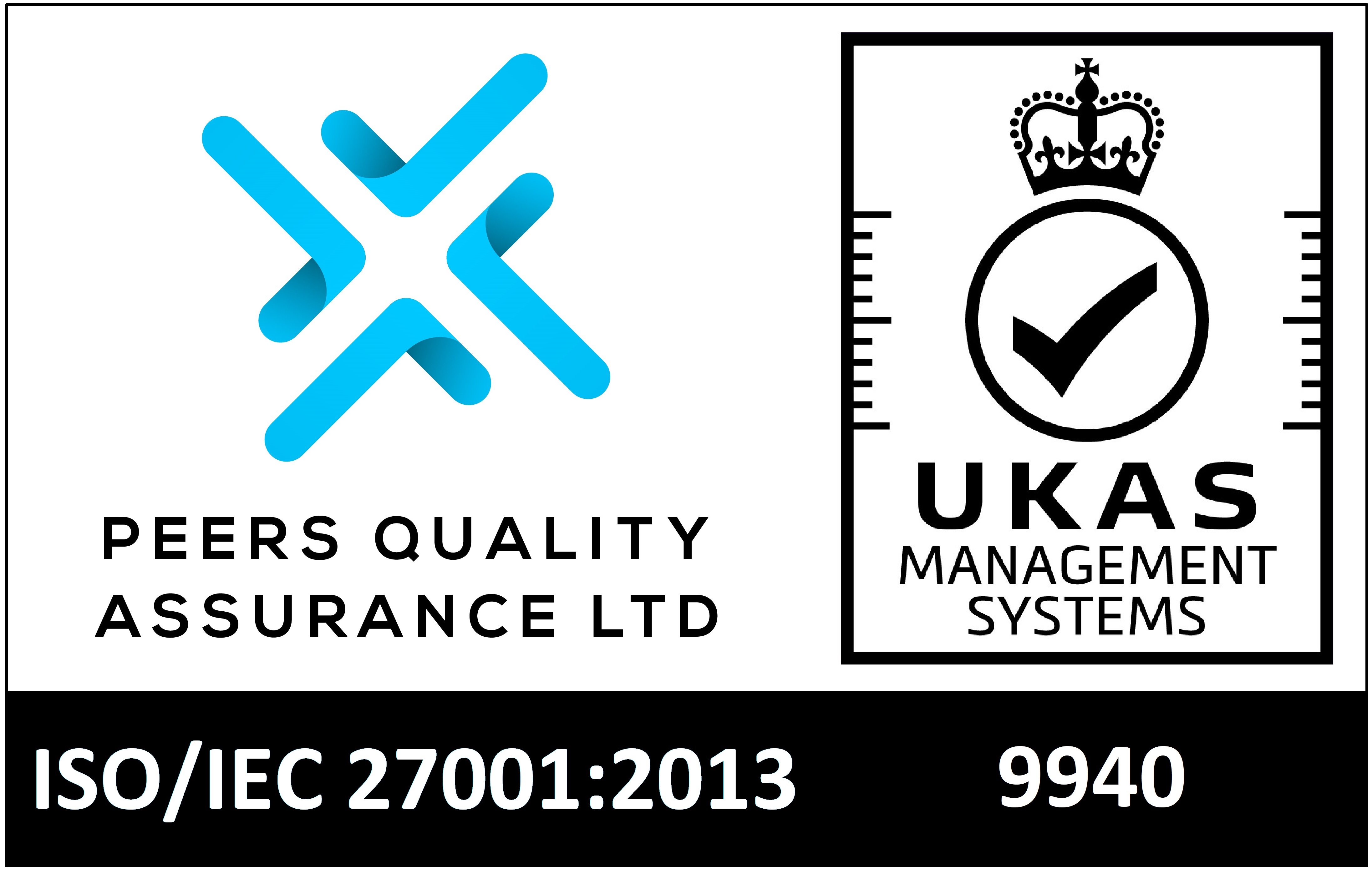Who is at risk of cervical cancer?
Anyone who is sexually active can be infected with the human papillomavirus (HPV) which causes 99.7% of cervical cancers. This virus can infect both men and women. In women, it may lead to cervical cancer and for men and women it may lead to cancer of the anus or mouth cancer.
Although four in five people will be exposed to HPV at some point in their lives, the vast majority of people’s immune systems will clear the virus on its own.
What should you look out for, what are the symptoms?
For effective cervical cancer prevention and risk reduction you should be to be aware of what to look out for and if you have any of these symptoms, don’t be embarrassed, talk to your doctor straight away. The symptoms to look out for are:
- Unusual vaginal bleeding
- Pain and discomfort during sex
- Unpleasant smelling vaginal discharge
- Bleeding after menopause
- Leg/pelvic pain
- Weight loss
- Constant fatigue
HPVCheck will test for the most common sub-types of HPV 16 and 18, identifying women potentially at a high risk of cervical cancer.
There are 13 types of high-risk HPV that cause cervical cancer. Our test reports on the two most common high-risk sub-types HPV 16 and 18. If you are found to have one of the other high-risk sub-types, your report will show this as 'other.' Any treatment which may be required is exactly the same for all high-risk sub-types.
Knowledge of HPV 16 and 18 status is useful not only from a risk point of view but if you wish to be vaccinated with the HPV vaccine and you fall outside the age range of the NHS programme for HPV vaccination.
There are two vaccines approved for HPV, one covers HPV subtypes 6,11,16, and 18 and the second one covers HPV subtypes 6,11,16,18,31,33,45,52, and 58. You can find out more about the two vaccines here.
HPV vaccination - what you need to know
The HPV vaccination is available free of charge to women up to the age of 26 years on the NHS. Women between the ages of 26-45 years will need to pay for the HPV vaccine. You can get a prescription from your NHS GP or gynecologist who can administer the vaccine. The benefits of the vaccine may be reduced in this age group (26-45 years) so you should speak with your NHS GP and make an informed choice based on your individual circumstances.
The NHS also supports the use of the HPV vaccine up to the age of 45 years for transgender women and MSM males.
How to reduce your risk
A number of changes to your lifestyle can significantly reduce your risk of cervical cancer including:
- Reporting to GP any abnormal bleeding/symptoms
- Being vaccinated against HPV (Human papillomavirus)
- Having regular cervical screening from age 25+
- Stopping smoking – find out more about starting a smoking cessation programme in the NHS by clicking here
Why should I get tested?
Cervical cancer is a very treatable disease if detected in its earliest stages. Importantly the vast majority of abnormalities are detected at a pre-cancerous state. At this stage, treatment is normally a minor out-patient procedure under local anaesthetic.
Like many other cancers, cervical cancer survival rates are improving as new treatments and better screening methods are introduced. The key is to detect the disease as early as possible which is why cancer screening such as Check4Cancer’s HPVCheck are so important.
The HPV infection can cause changes to the cells of the cervix creating abnormalities in some women and can affect the DNA of new cells. These abnormalities can result in the production of damaged and disorganised cervical cells which cannot function correctly. Once these abnormalities become severe, they can develop into cancer which is why cervical screening and HPV vaccinations are important in helping to prevent cancer.
Research shows that detecting cervical cancer early has a significant impact on the long term prognosis. This is why it is important that ALL women are checked regularly so that abnormalities can be picked up and dealt with before they develop.
How can I get tested? What are the tests available and how does it work?
The NHS cervical screening programme is robust and world-renowned, but the invasive nature of the procedure means that many women do not take the test. Check4Cancer's HPVCheck offers women an alternative way of screening. It uses the same initial HPV testing as the NHS but without the need for a speculum examination.
Some women may prefer a more regular screening test than the NHS provides. If you are happy to continue your NHS screening programme for cervical cancer, then you do not need to have a HPVCheck through Check4Cancer.
Find out more
- World Cancer Day - The importance of screening & reducing your risk
- Get to know the signs & symptoms of cervical cancer & how you can reduce your risk
- Podcast with Mr Jullien Brady for Cervical Cancer Prevention Week
- Why is cervical screening in Wales being extended to 5 years?
- Reduce your cancer risk with lifestyle changes that you can make today
- Ask the Expert | Cervical Cancer | Screening in women aged 50+
- Demystifying the facts about HPV and the importance of cervical cancer screening
- Ask the Expert | Cervical Cancer | Mr Jullien Brady answers some of the most pressing questions around cervical cancer in our 'Ask the Expert' blog series
- Cervical Screening during lockdown: Don't fear the smear
Why do you have to be a certain age to access screening?
Cancer screening is available at ages when the benefits are greatest, and the harms are smallest. These ages are determined by research and clinical guidance to ensure the benefits of screening outweigh the risks to individuals.
People who are at a younger age than the screening age limits are generally at a lower risk of cancer so for this group, the harms of screening would outweigh the benefits.
If you are experiencing any symptoms, screening is not suitable for you so please contact your GP as soon as possible to discuss your symptoms.
What if I am at higher risk and below the age limit for screening?
If you have been found to be at a higher risk for a particular cancer type, it is still important for you to be aware of this information. This could be as a result of your family history and/or your lifestyle factors. If you have a strong family history of a particular cancer you should speak with your GP to see if you are eligible for earlier NHS screening.
If your lifestyle factors are increasing your risk, you can visit the Education Hub to access information and guidance around possible ways to reduce your risk.





